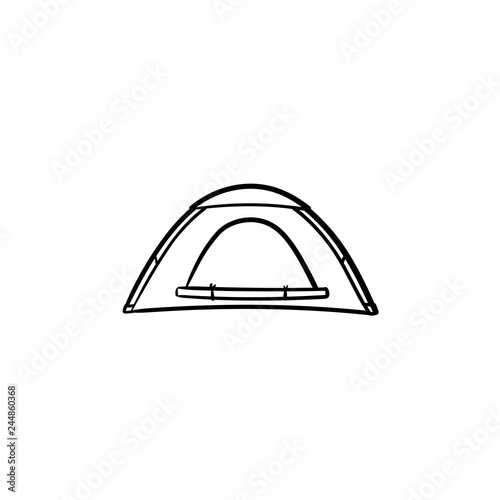Facts About glamping for large groups Revealed
Facts About glamping for large groups Revealed
Blog Article
Safety And Security Considerations for Family Outdoor Camping Tents
Safe and fun outdoor camping trips are feasible for the whole family when everyone follows basic safety guidelines. Instruct kids to respect wildlife and natural items, always keep a first-aid set with lots of shed cream available, and be gotten ready for unforeseen circumstances by looking into the camping site, climate patterns, and geographical attributes.
What is the best tent for rain?
Choose the Right Camping Tent
Parents that camp know that the appropriate camping tent can make or damage an outdoor camping trip. The camping tent you choose need to be durable enough to hold up against the rough therapy that youngsters and pets can provide. It should likewise be easy to set up, with features like color-coded poles and quick-clip systems.
You need to likewise take into consideration the size and ability of the tent you intend to purchase. Seek a floor location and peak elevation that can suit the number of individuals in your family, plus added area to lower crowding or claustrophobia.
When selecting a camping area, survey the area for threats, such as animal burrows, harmful plants and rough drop-offs. It's also a great concept to choose a website that offers some type of safety and security features, such as border fencing and nighttime camping site patrols.
Tent Configuration
When establishing camp, find a level location that is big sufficient to pleasantly fit your tent and any other aspects you're preparing for, such as a fire pit. Clear away any type of particles like sticks or rocks and look out for prospective threats, such as sloping pitches that can cause you to roll around during the evening and rainfall pools in concave areas.
If it's gusty, place your tent so the side with the greatest pole framework encounters the wind to reduce the possibility of it blowing with and creating injury or damage. Preferably, select a website that is additionally shielded by natural barriers to lessen wind and rainfall threats. You may also intend to set a tarp somewhat smaller than your camping tent flooring to maintain it completely dry.
Tent Storage
Numerous camping tents are made with vents and flaps that urge air flow. However, you ought to constantly maintain combustible items like clothing and sleeping bags away from these openings to prevent fire dangers. Air flow is additionally important to reduce smoke and carbon monoxide accumulation, which are significant health risks.
Never sleep directly on the ground and instruct youngsters to remain free from it. This protects against tripping and dropping injuries, along home tents with insect attacks.
Educate children to always check for risks before entering their camping tents, such as loose rocks or tree limbs that might fall during a storm. It's also a good idea to arrive at the campground prior to nightfall to make establishing camp less complicated and more secure. This additionally offers you an opportunity to detect any kind of possible issues, like serpents or poisonous plants.
Tent Climate
There are couple of points extra delightful than kicking back a campfire toasting s'mores under a star-filled skies. However before you pitch your tent, ensure your family has the appropriate resting equipment and recognizes just how to appropriately make use of a campfire.
Outdoors tents can additionally be impacted by weather, such as rain and wind. Wind can alter the tension on the tent, loosening ratchet assemblies and drawing survey of the ground. Rainfall can trigger outdoors tents to leak.
Search for camping tents that provide good ventilation and decrease condensation (dampness that normally develops from your body's breath). Think about bringing a tarp in case of rain. And constantly leave your camping tent if there are lightning strikes nearby.
Camping tent Safety and security
Tents that do not follow fire and life security demands are a fire risk. Moreover, saving combustible materials like timber, gas cylinders, and lp within the outdoor tents can create them to get too hot and even blow up. To lower these risks, they should be stored outside the tent protected by a sturdy tarp.
Fire hazards additionally occur from incorrect usage and storage of ranges. Stoves that aren't appropriately vented can release carbon monoxide, a lethal dangerous gas.
Tent tethers and stakes can create trip risks in sidewalks and paths. To decrease these dangers, occasion coordinators ought to consider making use of visible weights on tethers, installing secure cleats, or utilizing safety cones around risk lines. Furthermore, they should make certain that exits are not obstructed by home furnishings, tent wall surfaces, or other frameworks.
How do you pack a tent back in its bag?
